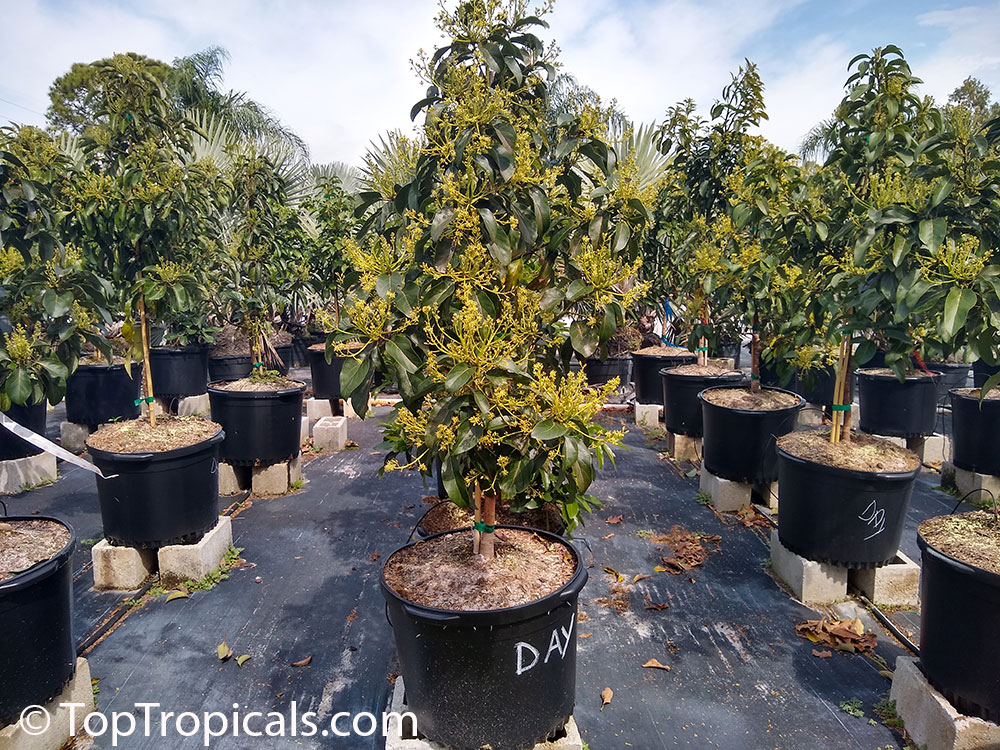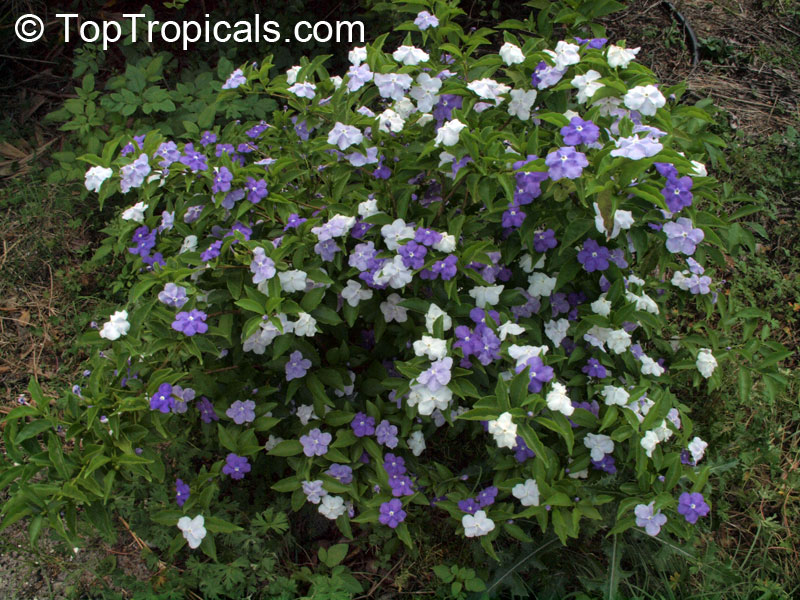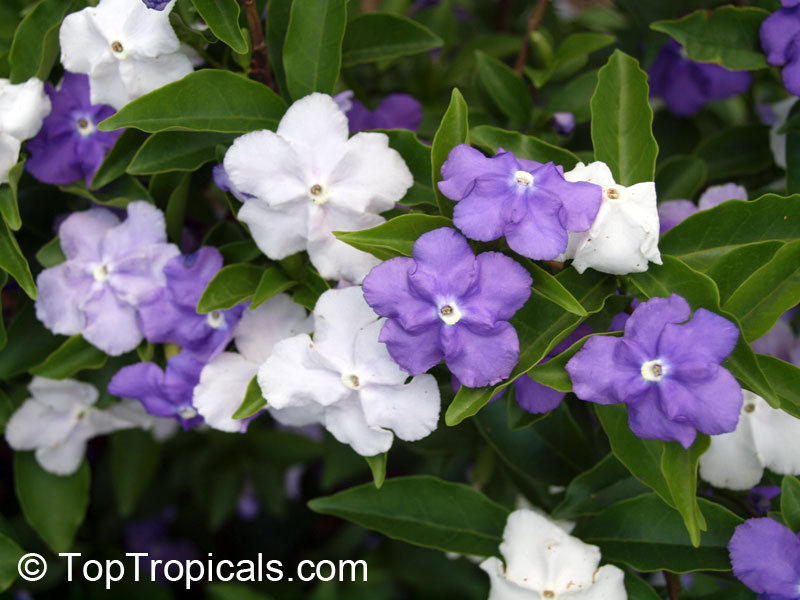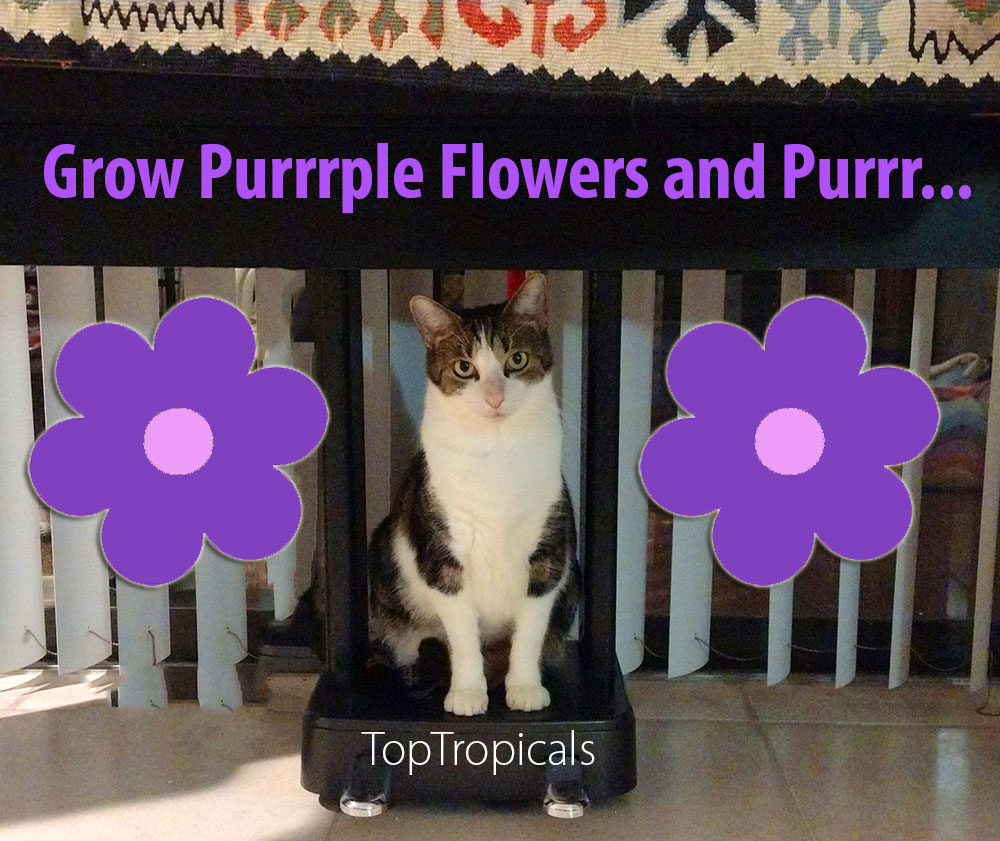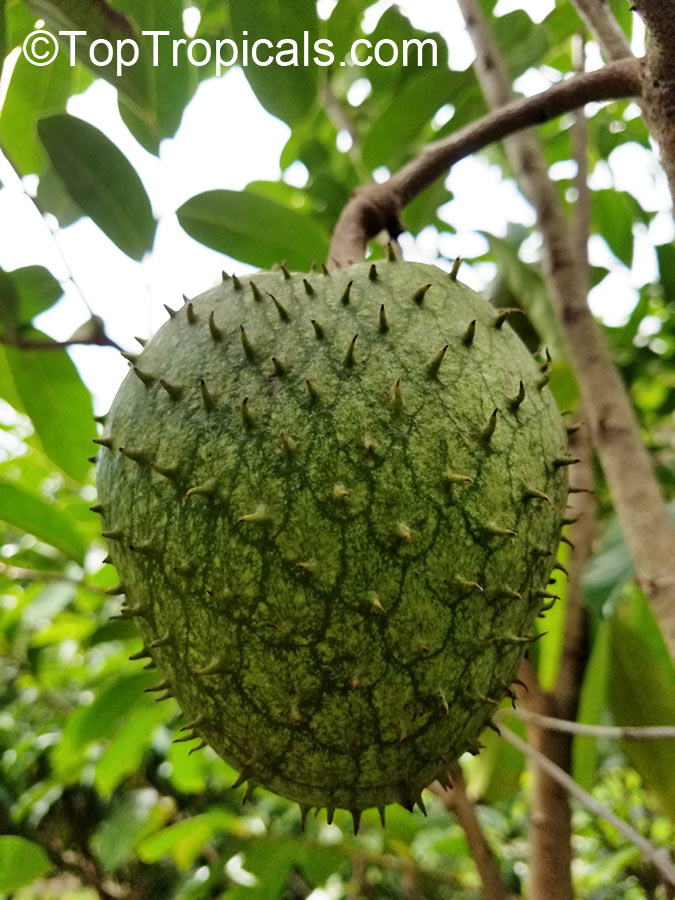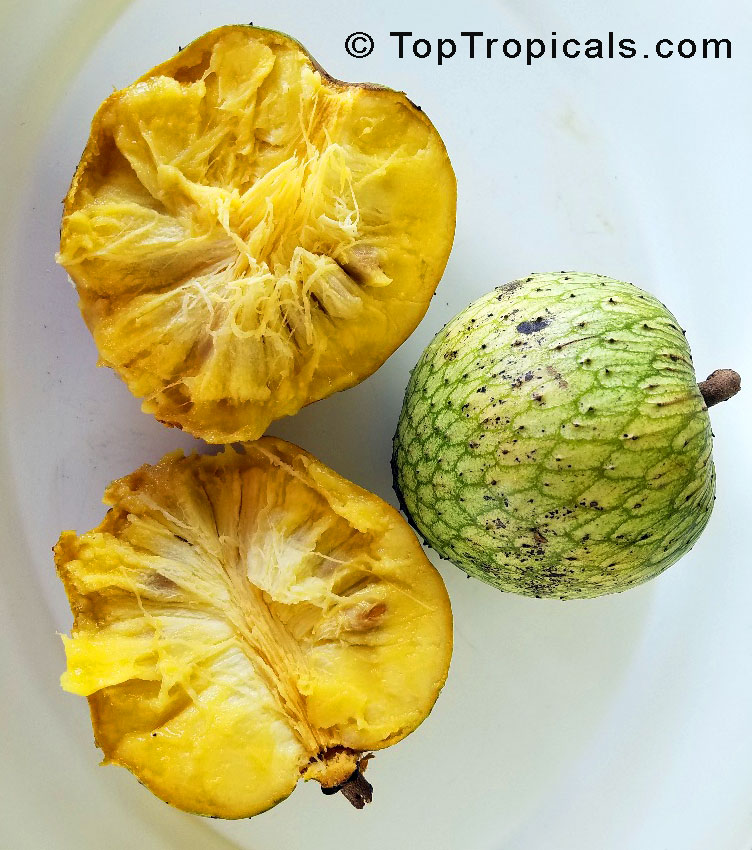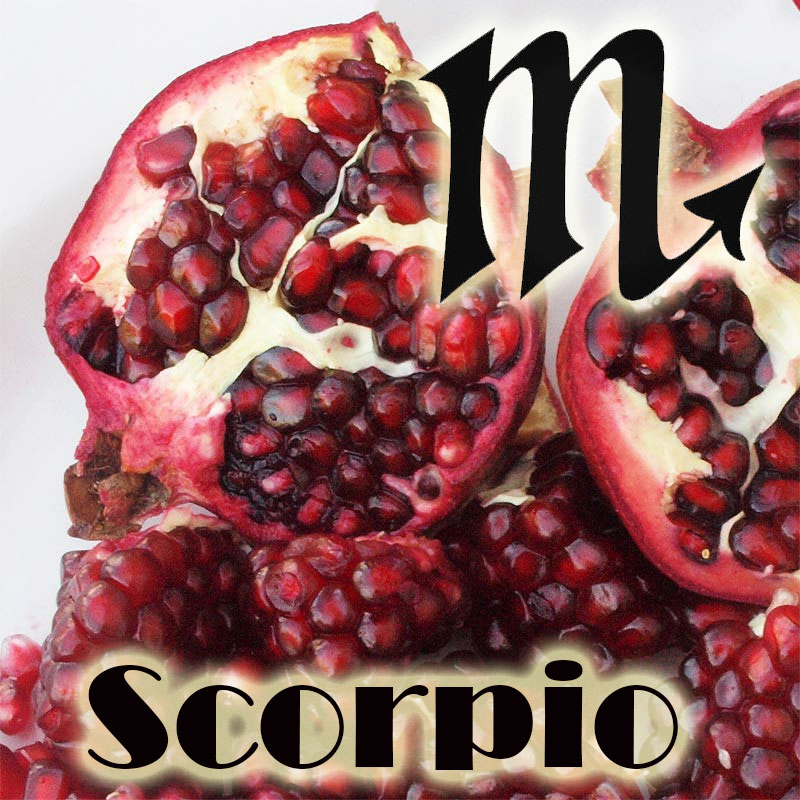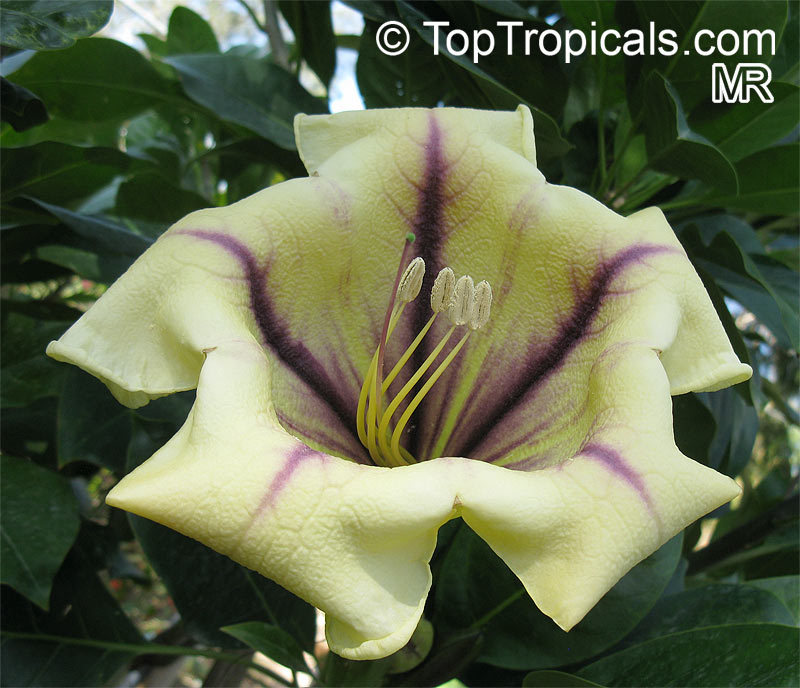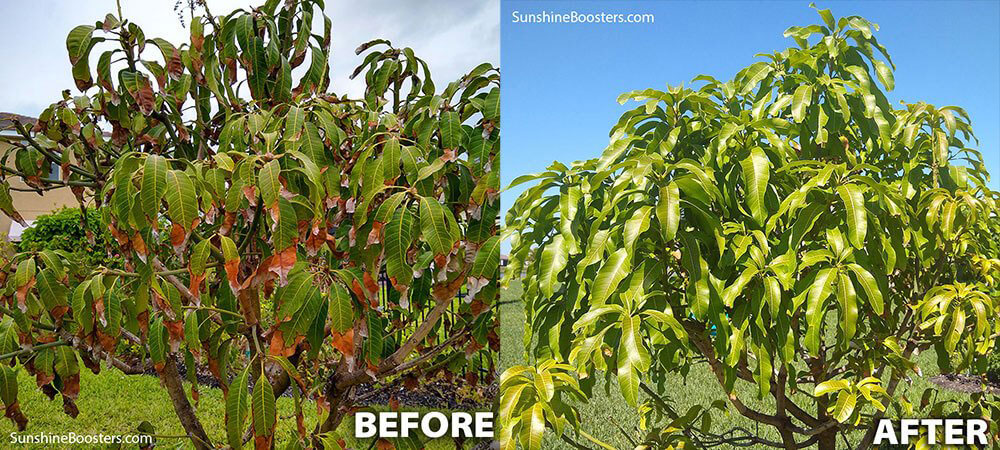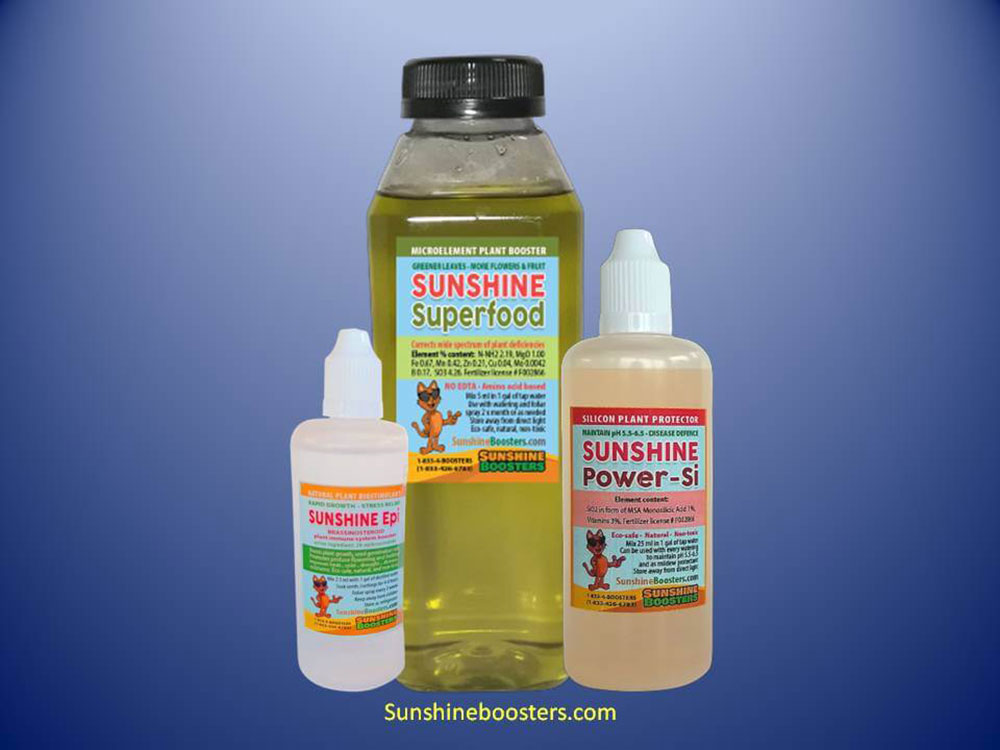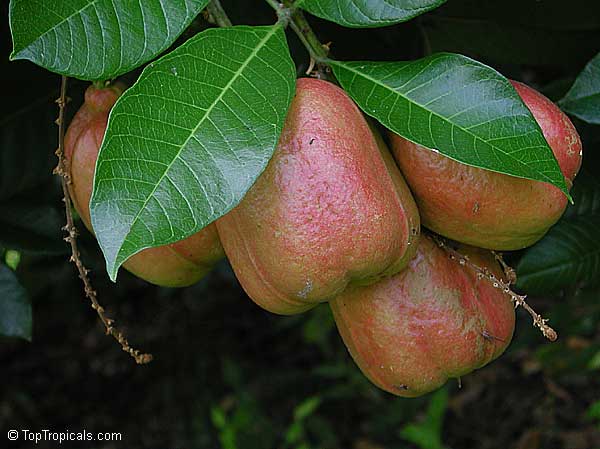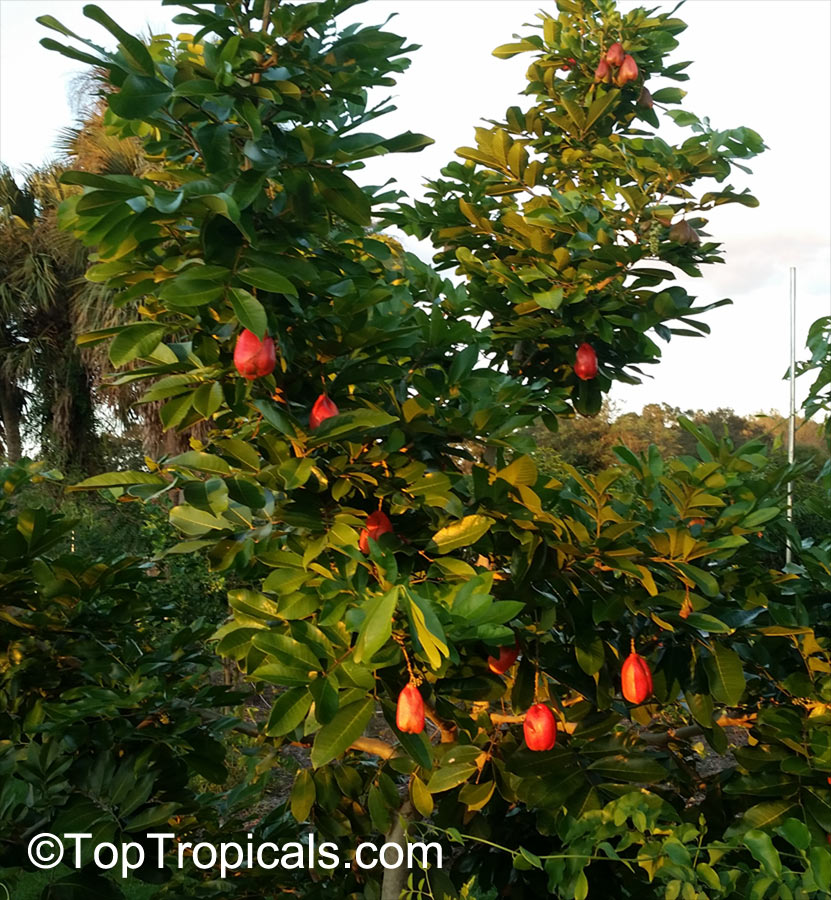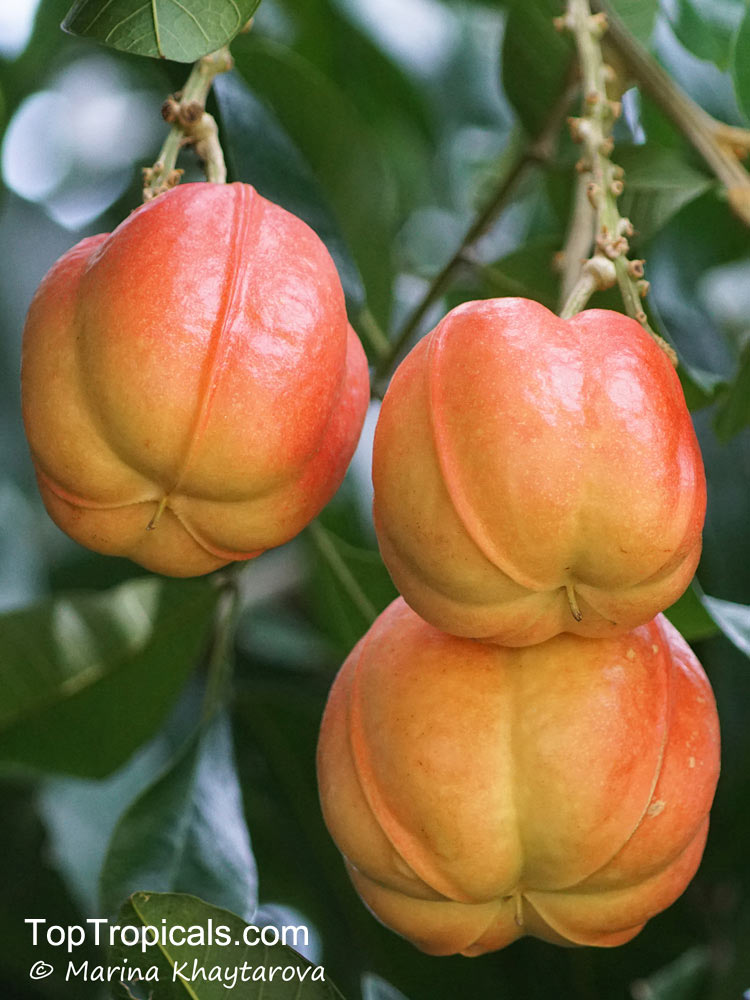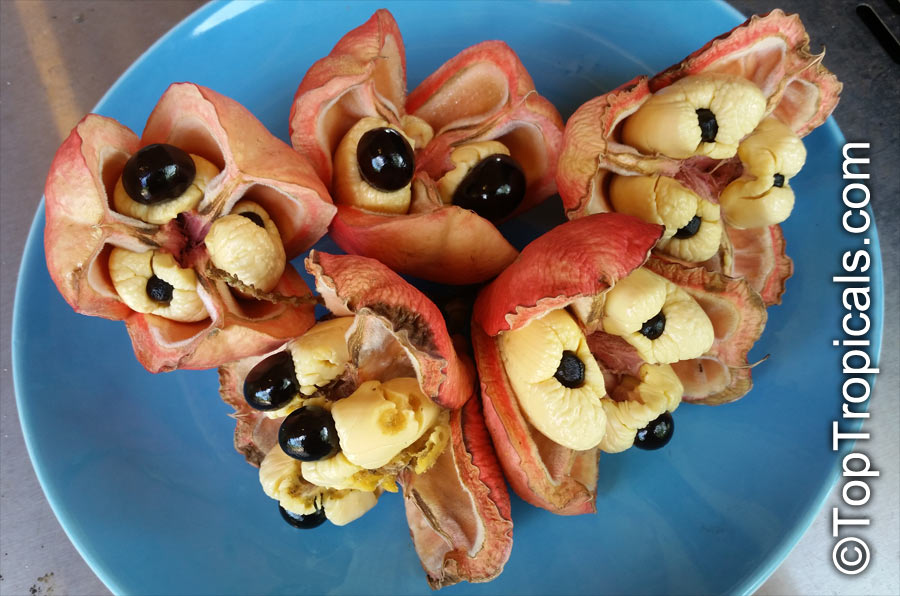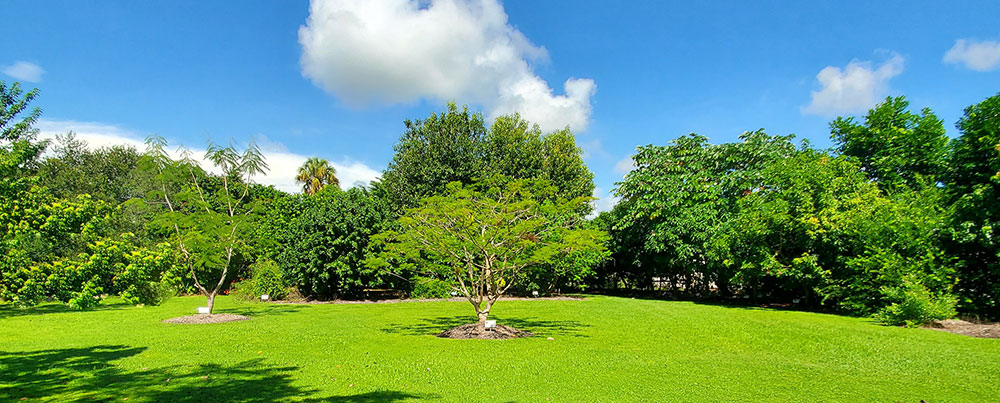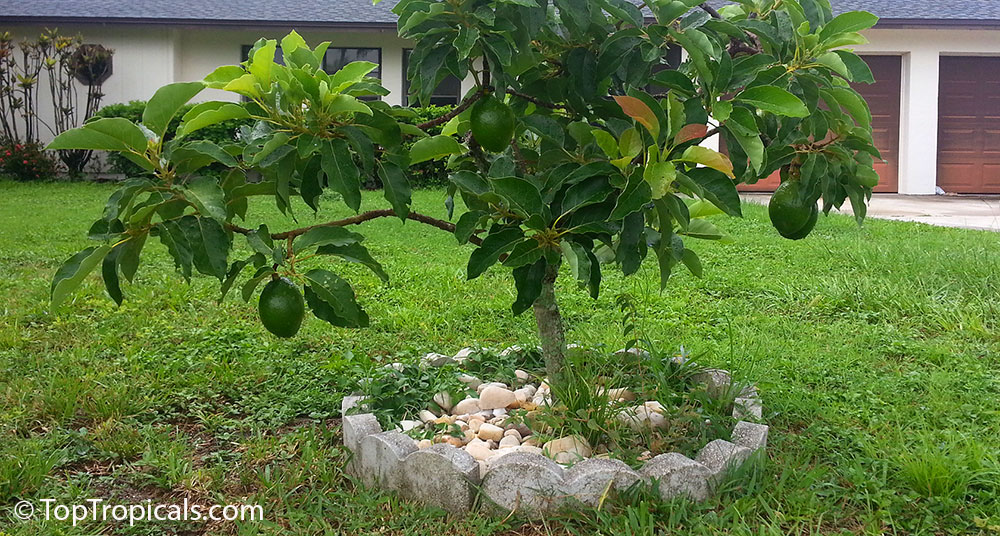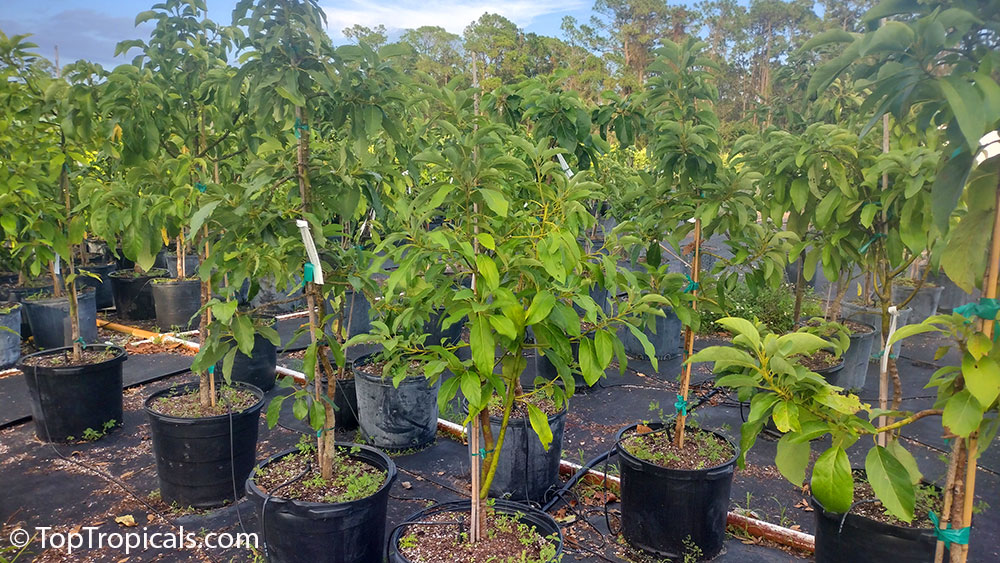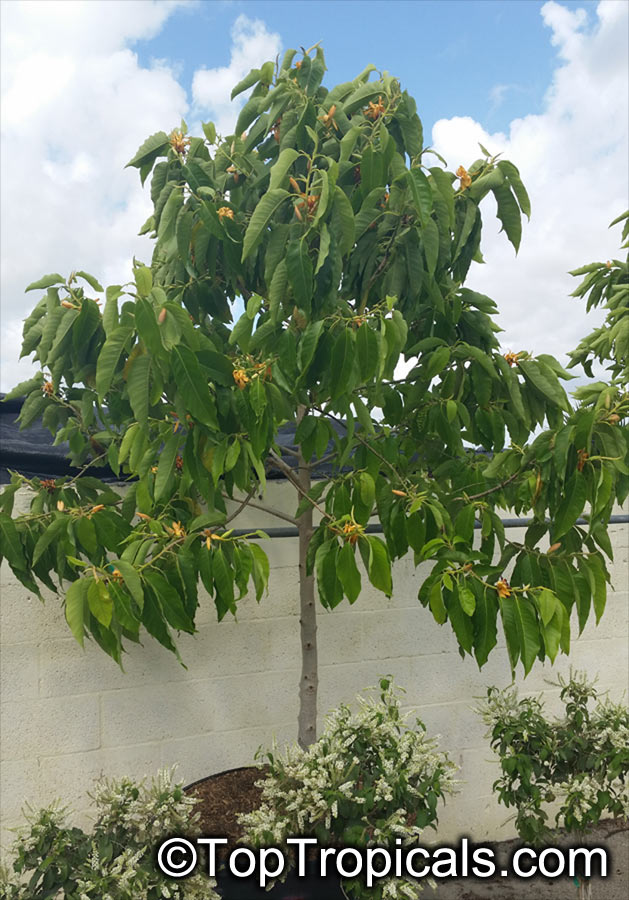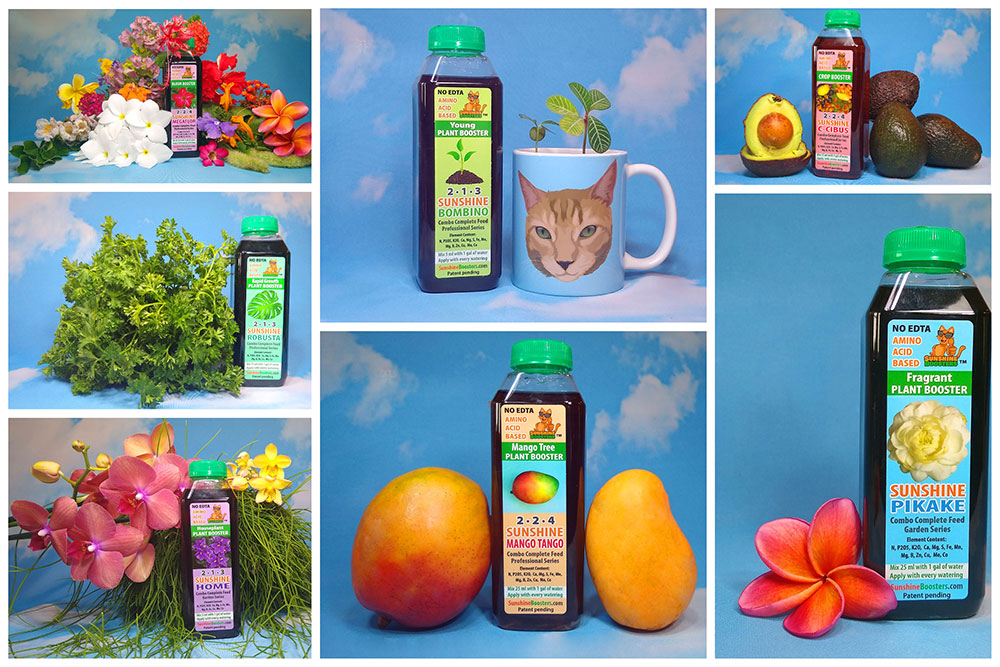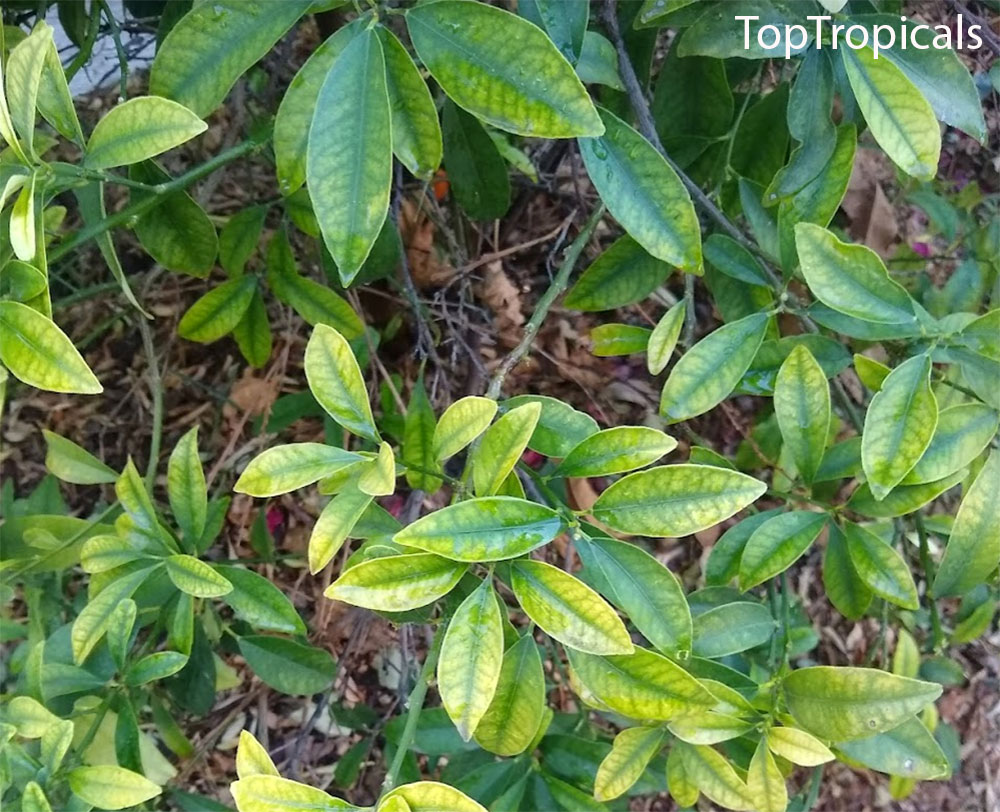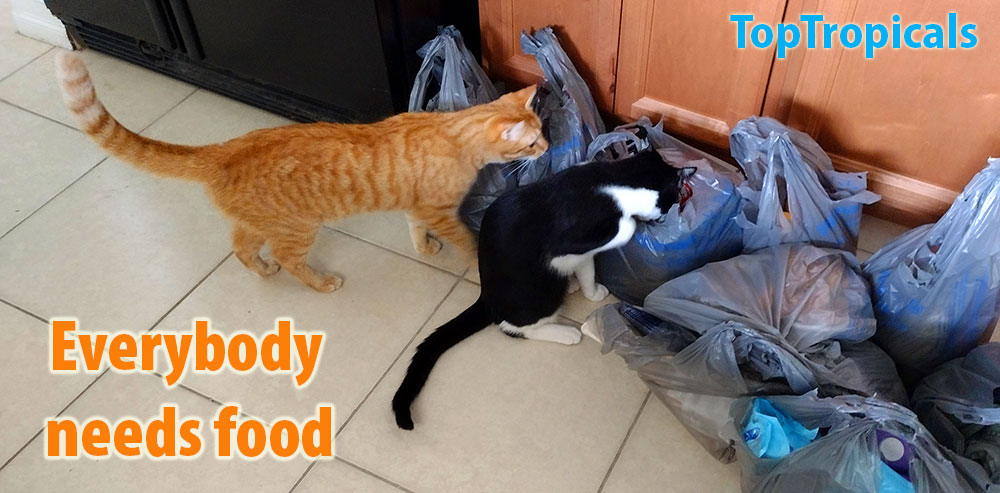What is the best Avocado variety?
Grow Your Own Food
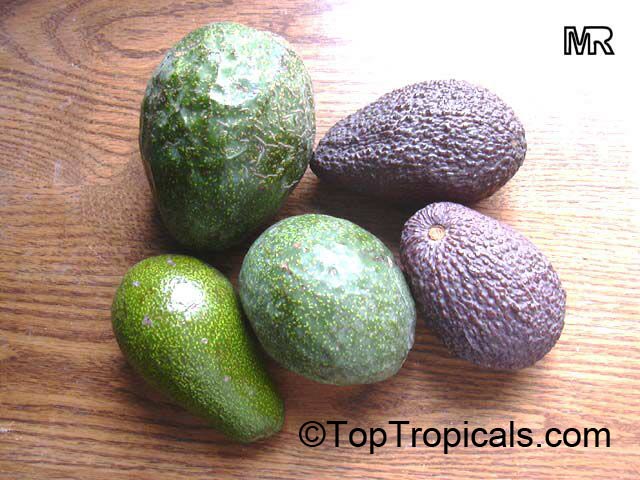
Q: Most trees in my yard were destroyed by hurricane Ian and now
I have to start my landscape from scratch. So I decided to plant something
useful. Avocado is my favorite. In the stores I see two kinds, large green or
small black, but I was told there are many varieties. When I googled the best
variety of avocado I found your website. You have quite a selection! Now I
don't know which variety to chose. Can you please help? I have room for several
trees.
A: Indeed there are many varieties of Avocado (we grow over 50 kinds). Some avocado lovers try
to get as many varieties as they can fit in their yards because every variety
has its unique flavor and texture.
2 main Avocado kinds that we usually see in grocery stores are -
1) smaller black fruit with rich, buttery texture - Mexican and Guatemalan
hybrids
2) green avocado, some can be as large as a small melon, but they have
light texture - West Indian types
There are many hybrids. How to pick the right variety for your yard?
Check out our Avocado variety page and scroll down to see a chart that shows
characteristics of fruit, tree size, cold hardiness, and chose the right variety that
fits your needs.
Below are just a few picks from our horticulturist - our favorite
varieties that we enjoy and highly recommend to others.
Best tasting large green Avocado hybrids:
Bernecker,
Beta,
Doni,
Catalina,
Pollock.
Best tasting black or dark green, buttery
Avocado hybrids:
Winter Mexican,
Brogdon,
Black Prince,
Day,
Fantastic,
Florida Hass,
Marcus Pumpkin,
Mexicola Grande,
Nishikawa,
Waldin
Dwarf trees (black fruit):
Wurtz, Fuerte.
For local customers: see large 15-gal size Avocado trees, delivery and installation
available!
Today all avocados
are 13% off instantly with no min. order, take advantage of this quick sale and get all varieties you want!
